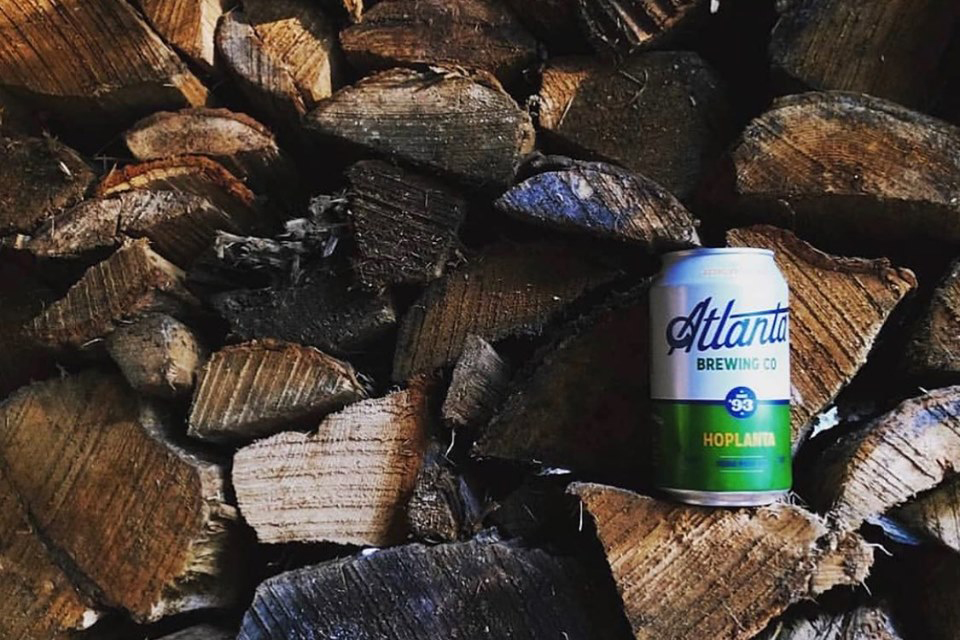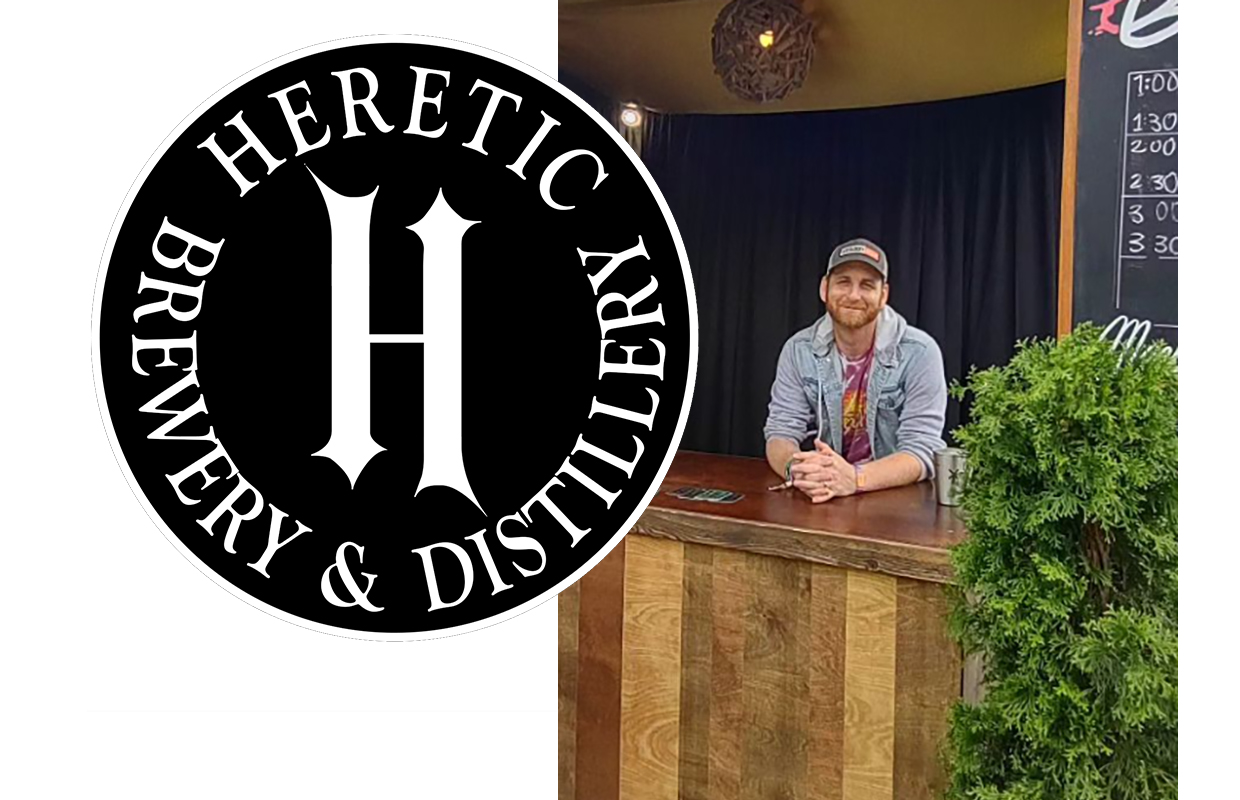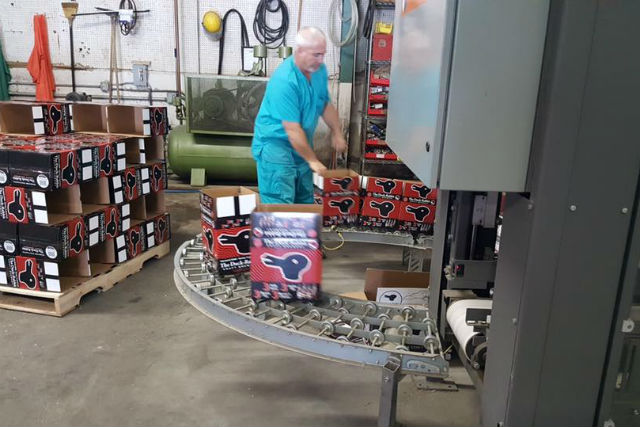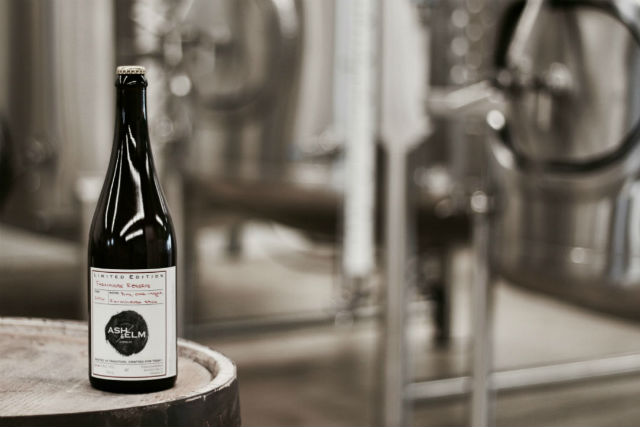
The change back to Atlanta Brewing (from Red Brick Brewing) was a big step, and with a name like “Atlanta Brewing Company,” being a part of the Atlanta community was a key for the brewery, said Marketing Director Cameron Davis. But striking a balance in being accessible to other communities is a part of growth, she added.
“Naming your brewery after your city could be really awesome — it could make people in that next city down be like, ‘screw them I don’t want that.’ Especially in this hyper-local time,” she admitted. “But because Atlanta is really a sports-focused town, I think we’re lucky in that we’re in a city that a lot of people in other states and surrounding regional areas still feel like they can be a part of that city and name.”
To get connected to the city after the change from Red Brick Brewing back to Atlanta Brewing, Davis said that the brewery started a community partnership with the Georgia Aquarium.
“They are the biggest aquarium in the country, and we are making a beer in partnership with them that gives money back to marine life around the world,” she said, adding it has been a great partnership for the brand since it allows Atlanta Brewing to reach a different demographic.
“People that don’t describe themselves as a craft beer fans but they’re big animal lovers. Being able to reach those people has been really cool.”
The overhaul of the name included a hard look at the brewery’s portfolio. Davis said the brewery teamed with new Director of Brewing Operations, Gavin McKenna, to form a new lineup. That included lots of new beers and a few tweaks to old recipes.
“We kind of changed the way we are releasing beers from that core and seasonal portfolio to … doing quick drops of limited releases, more updated fun styles,” Davis said. “I feel like we’re in a really cool place right now.”
McKenna said that a big part of the balance is the brewery had to strike a balance in these core items being approachable and things that can be accessible for people and not just the ’10th level’ of craft.
“We also have this opportunity with limited releases to try to do things that are more on-premise/key-account type focused things for people that really kind of want to get to that next level,” he said, “we want to participate in being part of the conversation of want is fun and new.”
McKenna said it can be a lot easier to focus on chains once a brewery like Atlanta gets to a certain size.
“Just to see how many more Kroger or Publix you can get into,” he said. “Well obviously those things are great and they’re super useful and they’re really good partners to craft beer.”
He said if a brewery is not relevant in its home market and “you’re starting to see that you don’t have on-premise handles in your backyard and you start to see that the good beer bar down the street isn’t carrying your stuff,” it’s a sign that things are not going well.
“Going further and further in the field to try to make up the cases is not necessarily a sustainable long term solution, we felt,” he said of how Atlanta has made a switch in the thought process of sales. “A lot of our approach in this whole thing [now] was about focusing on being relevant in Atlanta first. Specifically on the west side of Atlanta where our brewery is. And then from there, letting the footprint grow based on who wants to be involved with it.”




Be the first to comment